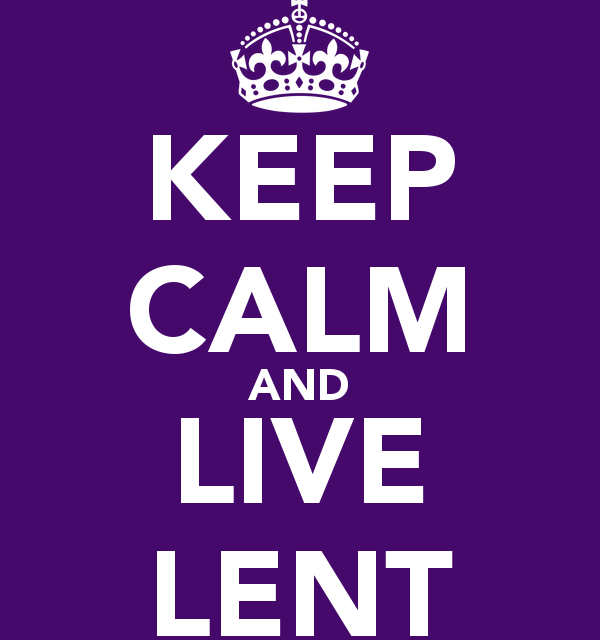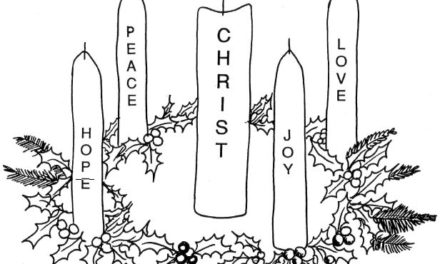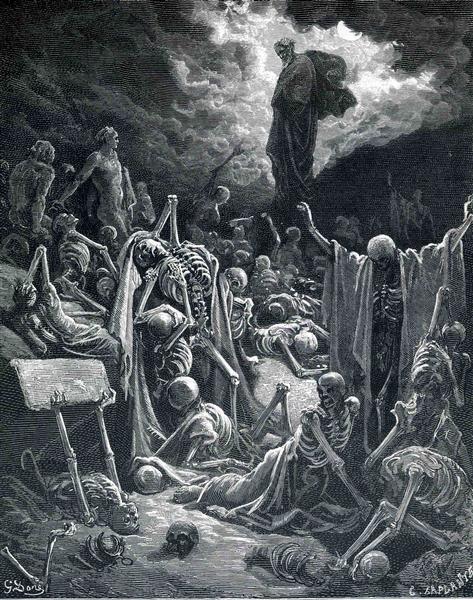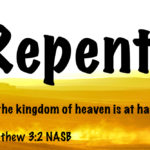And the Spirit immediately drove him out into the wilderness. He was in the wilderness forty days, tempted by Satan; and he was with the wild beasts; and the angels waited on him – Mark 1:12
There are some things that we do not choose in life but just happen to us. Wilderness time is full of struggle, trial, and even misery. When we allow God’s presence in the time of our wilderness, we may feel stretched beyond our human abilities. The example of this was how the same Spirit of God that descended upon Jesus at Baptism and drove him out into the wilderness also accompanied him during that time and brought him back again. The gospel reading on this first Sunday in Lent suggests that we are not just to survive the wilderness times of our lives but to emerge from them renewed in hope, faith, and confidence.
Lent of intentional Wilderness is for our total benefit and empowerment. In essence, Lent, forty days of our emptying time is a pilgrimage of renewal. Wilderness represents a stripping away of many things in our lives so as to make the fundamental things appear. In the wilderness, on discovers personal strength and weakness one is unaware before. Wilderness is like the purifying of a metal in fire where ‘there are no distractions or diversions or secondary matters. Everything is basic, necessary, simple. One survives or one doesn’t.’ Lent of intentional Wilderness calls us to strip all of our unbelief and preconceptions away and meet God where God is – right there with us. We are not alone in our wilderness walk and experience, God, the helper of the helpless is always there hence, the need to repent from the temptation to trust in our own strength as if God is absent. Lent is a time of surrendering ‘when we allow God to work on us that we might burst forth on Easter morning in radiant bloom.’ We can make a home in our wilderness if we allow God, pouring out His grace upon us in the presence of our enemies.
Lent of intentional Wilderness summons us to tear ourselves apart from family and familiarity just as we are stripped of all our dignity in the hospital, ‘we wander powerless through the wards with gowns gaping at the rear, uncaring. We are made open and vulnerable.’ In our wilderness, using the words of Warren Wiersbe, there are three ways we can respond: endure it, escape it, or enlist it. When we endure our wilderness, wilderness become our master and if we try to escape our wilderness, we miss the purposes God wants to achieve in our lives. Lent as intentional wilderness is when we enlist in it. Wilderness then become our stepping stone, “servants instead of our masters and work for us; and God will work all things together for our good and His glory.” Wilderness is a formative experience for God’s people. Just as Jesus’ wilderness is not of total death but victory at last, Ruth’s wilderness was ‘not just a streams of headache and sorrow, but it’s one of grace and redemption, of hope and new life.’ This is the call of Lent for you and me. The Israelite’s kind of wilderness for 40 years climaxed with transformation, growth, development and freedom of God’s people from being slaves to free people. It was in the wilderness that David wrote psalms like: Psalm 142:1-2, 5-6; Paul wrote most of his epistles from his prison wilderness. Lent as an intentional wilderness is very significant for our spiritual development and growth. The reflection is that in all wilderness stories, when God is involved, victory is sure. God is able to find you during this Lent of intentional wilderness just as He did for Hagar (Gen 16:7-13). Lent as intentional wilderness invites us to make faithful choices that will give us strength during and after the Lent for our eternal journey.
Prayer: O Lord, let this Lent be one of grace and redemption, of hope and new life in every area of our churches, families, and nations in Jesus’ name.










Recent Comments